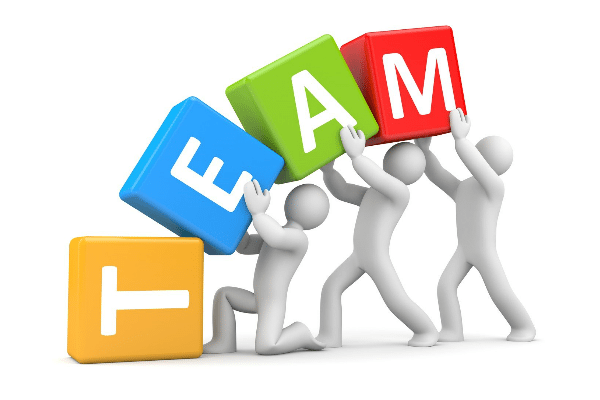
Team building is an essential practice for organizations aiming to improve collaboration, boost morale, and enhance overall productivity. It involves activities and strategies designed to strengthen relationships among team members, improve communication, and align employees towards common goals. A well-structured team-building initiative fosters a positive work environment and drives organizational success.
Why Team Building Matters
Team building is more than just fun activities—it is about creating a culture of trust, cooperation, and mutual respect. When employees work together seamlessly, the organization benefits from increased efficiency and better problem-solving capabilities. It helps break silos and encourages knowledge sharing, leading to a more innovative and engaged workforce.
Key Benefits of Team Building
-
Improved Communication – Open communication is essential for teamwork. Team-building exercises encourage dialogue and understanding among employees.
-
Stronger Collaboration – Employees learn to leverage each other's strengths and support one another to achieve shared objectives.
-
Enhanced Employee Engagement – When team members feel connected, they are more likely to be motivated and invested in their work.
-
Boosted Morale and Job Satisfaction – Positive interactions with colleagues lead to a happier and more productive workforce.
-
Increased Creativity and Innovation – Brainstorming and problem-solving activities inspire fresh ideas and innovative solutions.
-
Reduction of Workplace Conflicts – Understanding different perspectives and working styles helps minimize misunderstandings and friction.
Effective Team Building Strategies
To maximize the impact of E&T Limited , organizations should consider implementing the following approaches:
-
Outdoor and Adventure Activities – Activities like retreats, sports events, and obstacle courses help team members bond and develop trust.
-
Workshops and Training Sessions – Professional development programs and leadership training strengthen both individual and team capabilities.
-
Collaborative Projects – Assigning cross-functional projects encourages teamwork and knowledge exchange.
-
Team Bonding Events – Informal gatherings, such as team lunches and social outings, create a relaxed atmosphere for relationship-building.
-
Gamification and Competitions – Friendly contests and challenges promote engagement and encourage a healthy competitive spirit.
-
Employee Recognition and Rewards – Acknowledging team achievements fosters motivation and appreciation.
Conclusion
Effective team building is a continuous effort that contributes significantly to an organization’s success. By fostering a collaborative and positive work culture, companies can unlock the full potential of their workforce. Investing in team-building initiatives not only enhances productivity but also creates an environment where employees feel valued and empowered to contribute their best efforts. A strong team is the foundation of any thriving business.
